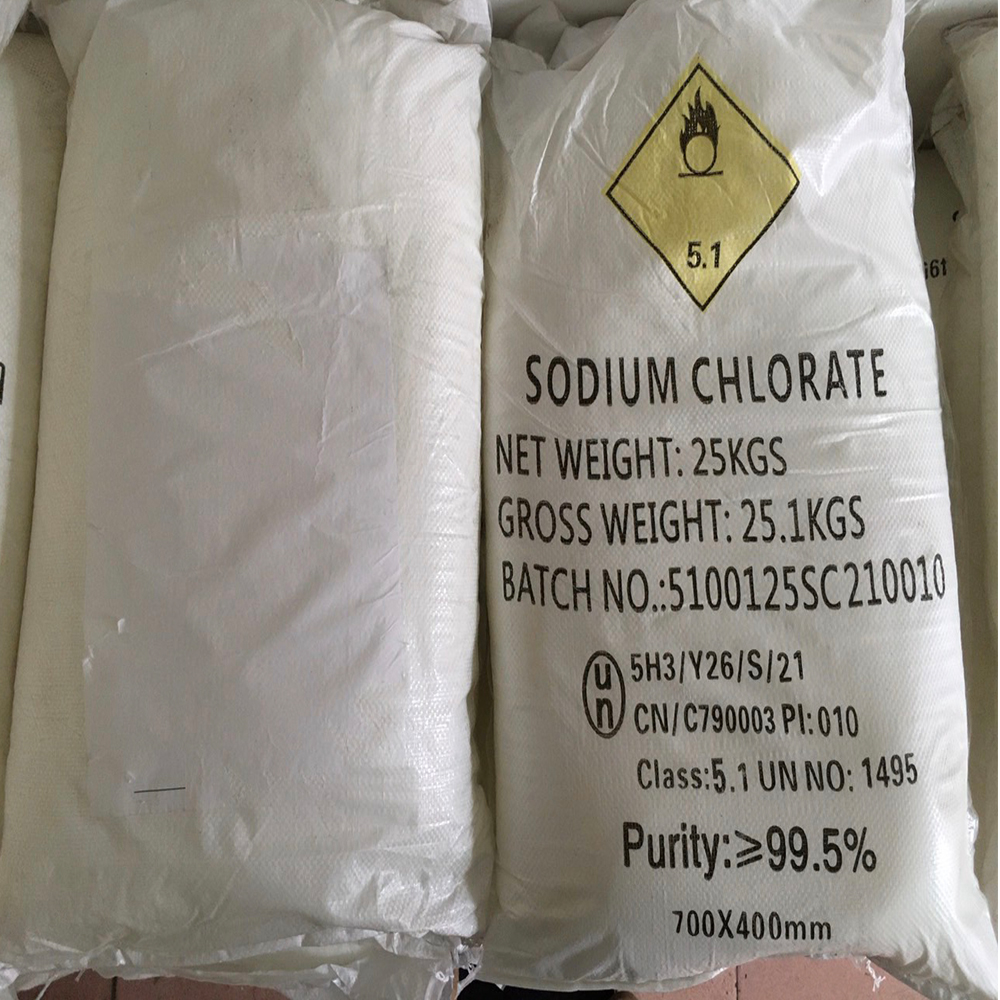



chemical used in purification of water
The Role of Chemicals in Water Purification
Water is an essential resource for sustaining life, and ensuring its purity is paramount for public health and environmental safety
. Various chemicals are employed in the purification of water to eliminate impurities, pathogens, and contaminants, making it safe for consumption and use.One of the primary chemicals used in water purification is chlorine. Chlorination is a widely adopted method for disinfection, as chlorine is effective at killing bacteria, viruses, and other microorganisms that can cause diseases. It acts by disrupting the cell walls of pathogens, thereby neutralizing them. While chlorine is highly effective, it can react with organic matter in the water to form disinfection byproducts, some of which may pose health risks. Consequently, its use must be carefully managed.
Another important chemical in water purification is alum, or aluminum sulfate. Alum is a coagulant that helps in the removal of suspended particles from water. When added to raw water, it promotes the aggregation of impurities into larger particles, or flocs, which can then be easily removed through sedimentation or filtration. This process not only clarifies the water but also aids in reducing the load of contaminants, making subsequent disinfection more effective.
chemical used in purification of water

Ozone is another powerful oxidizing agent used in advanced water treatment processes. Ozone disinfection involves bubbling ozone gas through water, which rapidly kills microorganisms and breaks down organic pollutants. One of the benefits of using ozone is that it does not leave harmful residuals like chlorine, making it a more environmentally friendly option. However, its production requires significant energy input, which can limit its application in certain contexts.
Additionally, activated carbon is frequently utilized in water treatment. This material is highly porous and effective at adsorbing a wide range of organic compounds, chemicals, and tastes and odors from water. Carbon filtration systems are particularly beneficial for removing substances that can affect water quality without altering the chemical composition of the water.
While chemical treatments play a crucial role in water purification, it is important to note that they must be integrated with physical processes like sedimentation, filtration, and reverse osmosis for optimal results. Moreover, the ongoing advancements in water purification technologies continue to explore sustainable and less hazardous alternatives to ensure safe drinking water for all.
In summary, the use of chemicals such as chlorine, alum, ozone, and activated carbon is essential in the purification of water, helping to enhance its quality and safety. As our understanding of water treatment evolves, the focus will increasingly shift toward balancing efficiency, cost-effectiveness, and environmental impact.
-
Leading Washing Powder OEM Brands | Custom Private Label DetergentNewsSep.01,2025
-
High-Purity Strontium Chloride (SrCl2) for Lab & IndustryNewsAug.31,2025
-
Anhydrous Formic Acid 80% 85% 94% - High Purity SolutionsNewsAug.30,2025
-
Accurate Fire Assay Flux for Gold & Silver Ore AnalysisNewsAug.29,2025
-
Advanced Paint Chem Solutions: Quality Chemicals for CoatingsNewsAug.28,2025
-
Potassium Nitrate: The Ultimate Fertilizer for Agriculture and GardeningNewsAug.25,2025
-
Potasium Persulphate: A Versatile Chemical for Industrial ApplicationsNewsAug.25,2025










